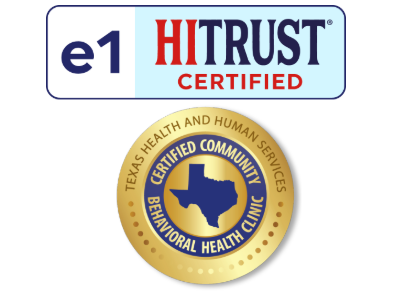Adult Mental Health
AIM STATEMENT: TO PROVIDE RECOVERY-ORIENTED CARE THAT INCLUDES PROMOTION OF RESILIENCE, EMPOWERMENT, AND A SENSE OF BELONGING AND PARTICIPATION IN THE COMMUNITY.
Our center provides recovery-oriented mental health treatment to adults with severe and persistent mental illness and children/youth with a diagnosis of mental illness who exhibit serious emotional, behavioral, or mental health disorders.
MANY SERVICES ARE OFFERED BASED ON CLIENT NEED AND CHOICE, AND MAY INCLUDE:
Crisis Services
Crisis Services, including crisis assessment, crisis intervention rehabilitation, crisis helpline, and screening to assess acuity and develop most appropriate plan of care.
Diagnostic Assessment, Information, and Referral which include assessment services and linkage to appropriate community resources.
Case Management Services which are primarily site-based services that assist an adult or caregiver in gaining and coordinating access to necessary care and services appropriate to the individual’s needs.
Psychosocial Rehabilitation Services which are social, educational, vocational, behavioral, and cognitive interventions provided by the individual’s therapeutic team that address deficits in the individual’s ability to develop and maintain social relationships, occupational or educational achievement, and independent living skills that are the result of a severe and persistent mental illness.
Peer Support Services
Peer Support Services include recovery training and outreach in a group setting as well as individual basis, provided by those with lived experience with mental illness, offering encouragement, hope, guidance, and understanding that aids in recovery.
Medication Related Services including pharmacological management, medication administration, and monitoring of prescribed psychoactive medications.
Respite which provides temporary care for those with mental illness by a care provider in the person’s home or other community setting.
Goals of Mental Health Services:
- To provide skills training activities which promote recovery and self-sufficiency;
- To minimize the risk of placement in more restrictive environments, including hospitals and the criminal justice system;
- In concert with other professionals, to promote access to the full range of community-based vocational, residential, and social opportunities;
- To increase independent living skills;
- To cooperatively work with the individual’s natural support system in recovery plan development and implementation;
- To educate the family in understanding the individual’s mental illness.
In addition to the center’s responsibility to assist the individual in identifying, locating, and obtaining the desired supports and services, the center is charged with coordinating and monitoring the delivery of these supports and services.
For information regarding the supports and services outlined above, please contact our Intake Unit at 979.822.6467.



